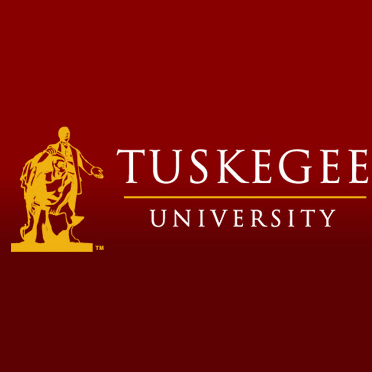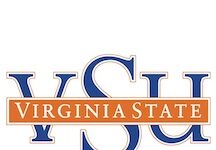 In an era when online education has taken on increased importance, it is critical that the racial digital divide be addressed. A new report from the Institute for Higher Education Policy examines racial and ethnic differences in access to quality internet access.
In an era when online education has taken on increased importance, it is critical that the racial digital divide be addressed. A new report from the Institute for Higher Education Policy examines racial and ethnic differences in access to quality internet access.
It may come as a surprise to many readers that the survey found that 80 percent of all African American college students reported that they always or often had access to reliable internet service. This was higher than the rate for White college students. Previous research has shown many students – particularly African American students – use their cell phones to access the internet.
The racial digital divide appears in the quality of internet service. Some 57 percent of Black college students reported that they can access some course content, but it can be slow, unreliable, or difficult to do so. For White college students, only 24 percent said the same.
Further, 57 percent of Black students and 62 percent of students with household incomes less than $50,000 reported that internet services are a somewhat or very significant cost. Some 30 percent of African American college students said they had to share the devices they used to access the internet with others in their household. For Whites, the figure was 21 percent.
“In 2021, students need reliable, fast, and affordable internet connections and internet-enabled devices if they are to succeed in higher education,” said Mamie Voight, interim president of the Institute for Higher Education Policy. “The distinct and disheartening differences in internet and device access according to race, income, and caregiving status are a matter of equity. To better serve these students, in addition to students in rural areas, institutional leaders and policymakers must recognize that technology is a necessity and build or strengthen sustainable connectivity.”
“Too many students are unable to access the internet or internet-enabled devices today, either because of cost or lack of broadband infrastructure,” added Kimberly Dancy, a research associate at the institute. “As technology becomes increasingly important to college completion, it is increasingly urgent to address these unnecessary barriers to full participation in higher education.”
The full report, “Online Isn’t Optional: Student Polling on Access to Internet and Devices,” may be found here.










